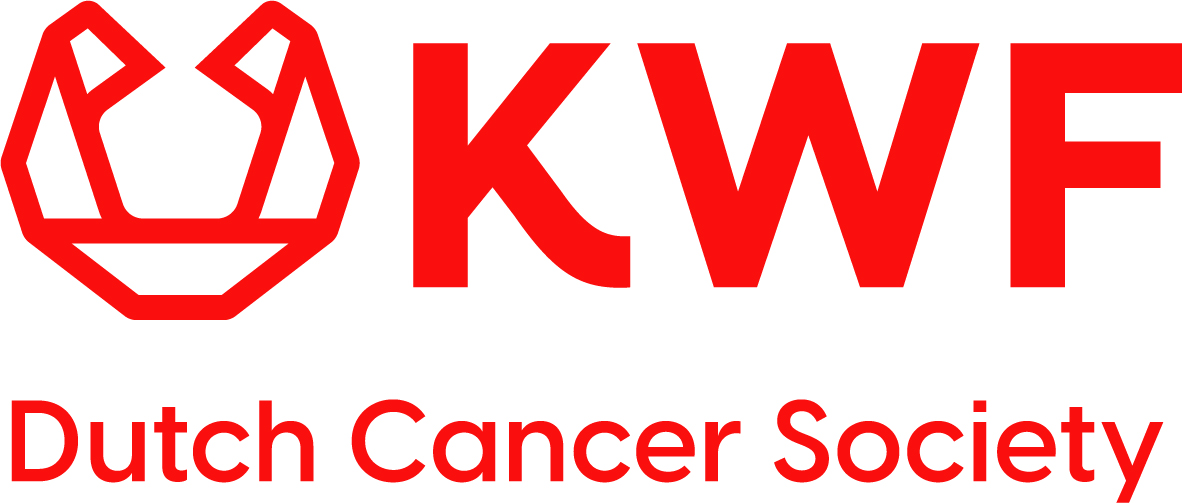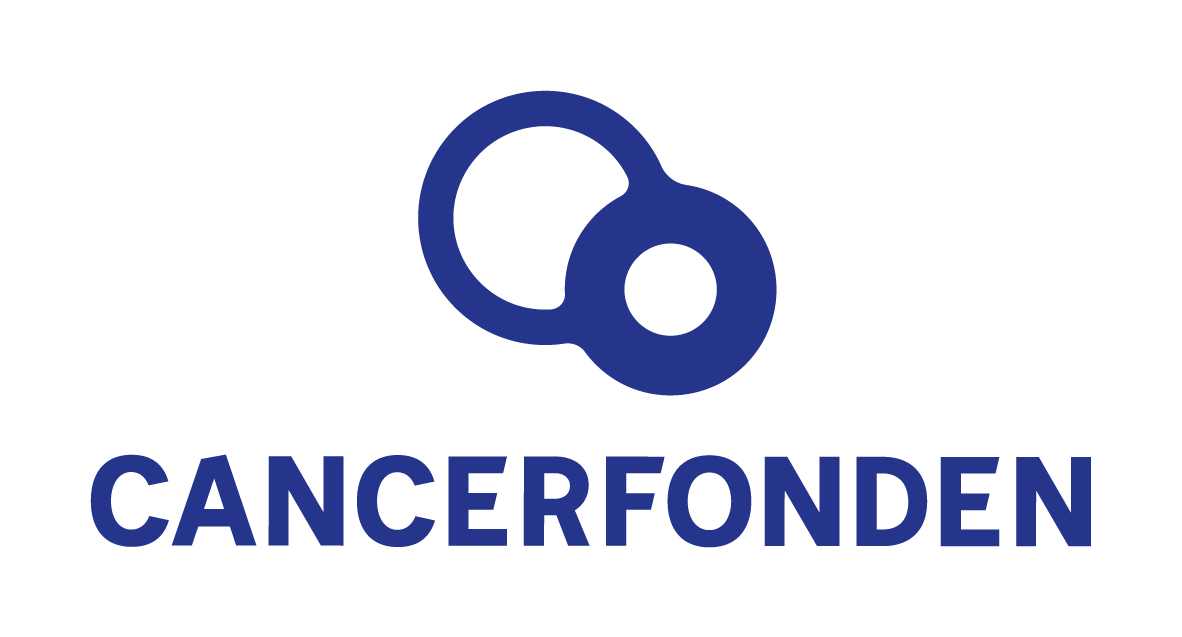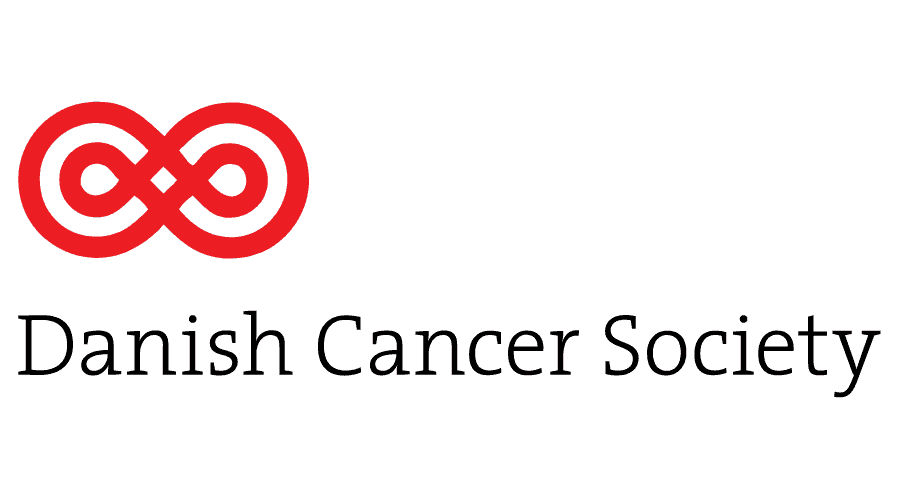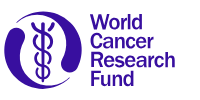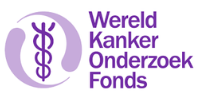Implementation research for cancer prevention in Europe

The Reimagining Cancer Research in Europe initiative was developed in collaboration with UICC’s European members and represents a partnership between UICC, the Dutch Cancer Society (KWF), the Swedish Cancer Society (Cancerfonden), the Danish Cancer Society and the International Agency for Research on Cancer (IARC), the World Cancer Research Fund International and Wereld Kanker Onderzoek Fonds. The initiative responds to the identified need for further investment to leverage the potential of cancer prevention to reduce the growing burden of cancer in Europe, as highlighted in a recent Lancet Oncology Commission report
As part of this initiative, a grants programme was launched to support the adoption and integration of existing evidence-based interventions for cancer prevention into health system policies and practices in Europe to maximise impact and reduce the burden of cancer in alignment with Europe’s Beating Cancer Plan and Europe’s Mission on Cancer. The first call opened in December 2023 and three projects were selected for funding which are described below, along with quotes from the project leads.
Second Call for proposals
The second call is open between 14 November 2025 and 16 February 2026. For this funding round, priority will be given to proposals addressing primary cancer prevention (applications focused on secondary prevention remain eligible).
Click here for the application guidelines
- Grants of up to 500,000 Euros are available
- Projects of up to two years in duration
- Two to four collaborating principal investigators from more than one EU Member State or associated country, with at least one of the countries involved being the Netherlands, Sweden, Denmark or the United Kingdom
- Review and selection processes to take place between February to May 2026
- Awards to be made mid-2026.
- Projects must begin no earlier than September 2026 and no later than February 2027, pending completion of ethics approval.
Previously awarded projects
| Project title | Project lead | Collaborating investigators |
|---|---|---|
| Human papillomavirus self-sampling for enhancing cervical screening during the war in Ukraine | Laila Sara Arroyo Mühr Karolinska Institutet, Sweden | Olexiy Kovalyov Zaporizhzhia State Medical University, Ukraine |
| Co-creating and evaluating a context-adapted risk-stratified population-based prostate cancer screening pilot in Slovenia | Arunah Chandran International Agency for Research on Cancer (IARC/WHO), France |
Urska Ivanus Institut of Oncology, Ljubljana, Slovenia and Monique Roobol Erasmus MC, the Netherlands |
| STRIVE: Screening, training, and implementation research for improved breast cancer detection and evaluation | Mireille Broeders Dutch Expert Centre for Screening, the Netherlands | Ilze Engele University of Latvia, Latvia |
“Effective cancer screening is essential for a functional society, but there are challenges to provide screening in difficult circumstances such as the ongoing war on Ukraine and the cervical screening solution used in Sweden could address several of the challenges. Self-sampling by the women saves healthcare personnel, while HPV testing only for the most oncogenic HPV types improves specificity, further saving resources and costs. An evaluation into whether this modern, resource-effective screening can be implemented in Ukraine will be useful for the continued worldwide implementation of HPV screening, an essential pillar of the WHO strategy for global elimination of cervical cancer.” - Laila Sara Arroyo Mühr Karolinska Institutet, Sweden
"Our project represents a crucial advancement in prostate cancer early detection across Europe. By co-creating and evaluating a risk-stratified screening programme tailored to Slovenia’s unique healthcare landscape, we’re not just reducing overdiagnosis and overtreatment—we’re striving to save lives and improve the quality of care for men at risk. This initiative is part of a broader movement, complementing ongoing screening trials across Europe. At IARC/WHO, we’re proud to collaborate with Institute of Oncology Ljubljana, Slovenia and Erasmus MC, the Netherlands to bring forward a future where prostate cancer screening is more effective, and truly life-changing." - Arunah Chandran International Agency for Research on Cancer (IARC/WHO), France
"Implementation of a comprehensive quality assurance scheme within Latvian breast cancer screening based on the Dutch model, contributes to high-quality screening, improved screening outcomes, and in turn, a reduction in breast cancer morbidity and mortality in the long term. If successful, STRIVE can serve as a model to support similar initiatives in other European countries." - Mireille Broeders Dutch Expert Centre for Screening, the Netherlands
The initiative also remains open to partners interested to contribute and further maximise its impact. For any questions or more information regarding the call, please contact UICC: fellows@uicc.org.
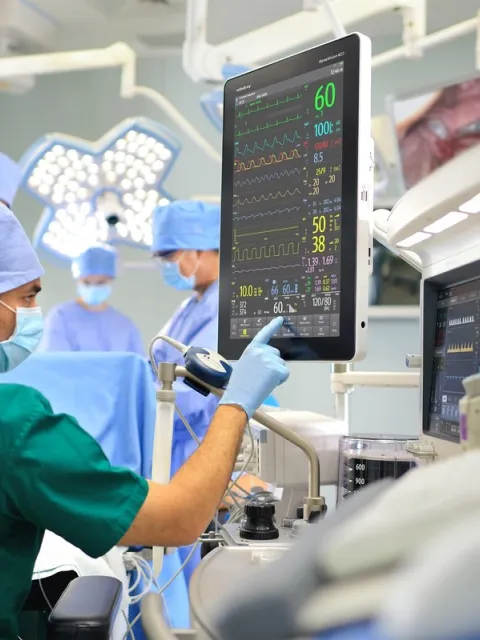
UICC has a long history of building capacity for cancer organisations globally through grant making.
Grants
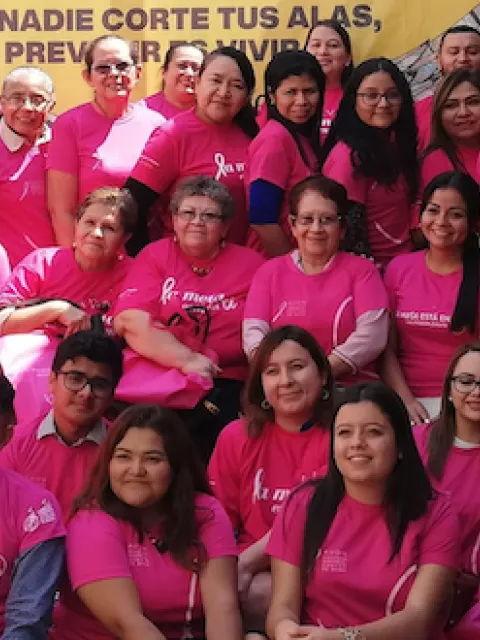
As part of its Breast Cancer Programme, UICC has awarded 19 grants to UICC members to support evidence-based projects focused on improving the availability of and access to early detection of breast cancer.
Grants for the early detection of breast cancer
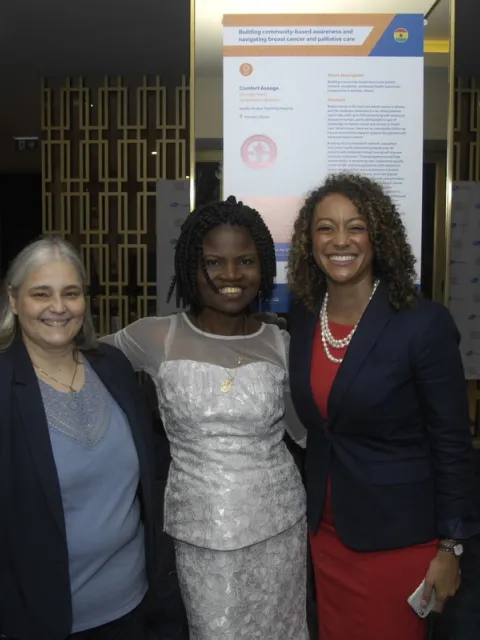
Metastatic Breast Cancer (MBC) accounts for 90% of breast cancer deaths. To tackle this growing cancer burden in 2015 UICC teamed up with Pfizer Oncology to launch the Seeding Progress and Resources for the Cancer Community (SPARC) MBC Challenge
Addressing Metastatic Breast Cancer (MBC)
Last update
Friday 14 November 2025